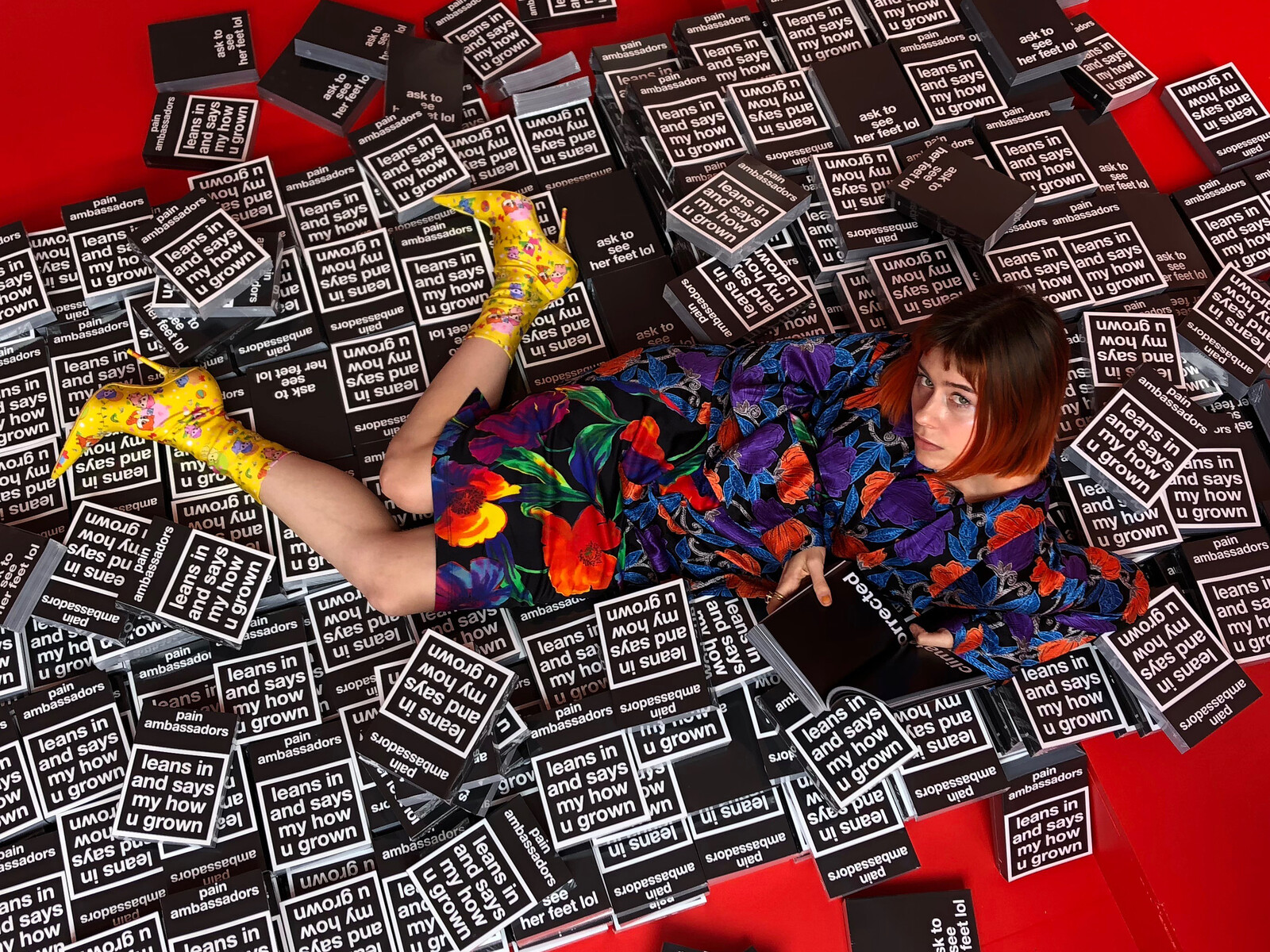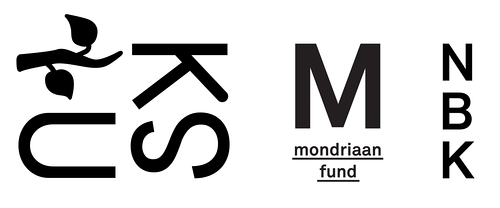Keysers gate 1
0165 Oslo
Norway
Hours: Wednesday–Sunday 12–5pm,
Thursday 12–7pm
T +47 22 19 50 50
info@uks.no
Founded for artists by artists in 1921 by the Oslo avant-garde, UKS (Unge Kunstneres Samfund / Young Artists’ Society) is today one of Norway’s core institutions for international contemporary art and a political membership organization.
Through Autumn 2018, UKS sets forth a series of solo exhibitions focusing on new productions by emerging artists; Nora Turato and Apichaya Wanthiang will respectively occupy the UKS grounds in Oslo’s city center. In parallel, UKS is mounting an archival display in its newly refurbished library and on its online web-archive—both platforms designed by Studio Manuel Raeder. Considering informal social functions, intellectual exchange, and attempts at friendship as a fundamental part of its remit, UKS continues its growing MINIBAR series of evenings hosted by rotating protagonists, offering mini-prices in a city where bibulous sociability normally comes at a mega-cost.
Nora Turato: Pool 2
Opening: Friday, September 14, 7pm
September 15–October 14
Entrance only during performances: Wed–Fri 5–5:30pm / Sat–Sun 2–2:30pm
High-paced rhythm and shrill rhyme of recurrent figures of speech is a trademark of Amsterdam-based Nora Turato (b. 1991, Zagreb, Croatia). At UKS, the centerpiece of Turato’s show is a block-like publication, Pool 2, which in equal measure functions as prop, artwork, book, archive, and exhibition.
Time-capsuling a full year of memes, catch-phrases, and oversharing collected mainly online, Turato’s book records and reshuffles a particular “now” in contemporary culture. Visually taking cue from health warnings on tobacco packaging, bold white sans-serif text bites are soaked into black boxes—creating a seemingly endless dark pool swallowing the patch-worked words. Using this gloomy word-base of newspeak as both literal dictionary and physical backdrop for her restless walk and logorrhea, Turato will perform on a daily basis. With the time of her act defining UKS’ opening hours, the display is to be experienced live-only, in-time—or, alternatively, by bringing home the frozen visual archive: the book-as-exhibition.
At UKS, Turato’s one-ton-heavy block of books shapes the show’s sole sculptural gesture, which visitors, in turn, will be encouraged to disassemble, devour, and remove over the course of the exhibition—emptying the UKS space by purchasing Pool 2. Liberalizing the exhibition for (cheap) consumption, audiences are invited to slow down time with an accelerated regime of self-centric phrases: Go experience the digital quotes in analogue! Read the exhibition all alone on your sofa!
Apichaya Wanthiang
Opening: Friday, November 2, 7pm
November 3–December 16
Employing painting, installation, and writing, the recent works of Oslo-based artist Apichaya Wanthiang (b. 1987, Bangkok, Thailand) ponder distinct ecologies. The way energy travels is investigated as something generating both spectacular imagery and critical questions—whether in weather (e.g., how a sandstorm in the Sahara can cause rain in England), or in spirituality (e.g., how the deceased live among us as ghosts, trees, or water goddesses).
Creating an omen, a prediction, or presentiment, a breathing landscape becomes the main character of Wanthiang’s new, grand commission at UKS. Entering a dimly lit space, a heated topography is elevated in the main galleries, set against the cold Norwegian November days. Warm to the touch, yet rough on the skin, the scenography constitutes an animated base that the viewer can resonate with, rest on, or even feel estranged from. UKS audiences are submitted to the dusk of this landscape-body and its (potentially volatile) habitat.
As an additional layer, the landscape hosts a combination of collected literary references intertwined with Wanthiang’s day-to-day (sometimes autobiographical) observations. Cued by motifs such as troubled waters suspending a sea outing in Virginia Woolf’s To the Lighthouse (1927), a soundtrack reflects on how weather conditions simultaneously surround and (in)form us. The work questions how empathy can be translated and transferred across different environments, how fiction and storytelling help us to relate to real places and real people.
Turato’s Pool 2 is made possible with the generous support from Mondriaan Fund.
Wanthiang’s production is supported by Billedkunstnernes Vederlagsfond (BKV).



